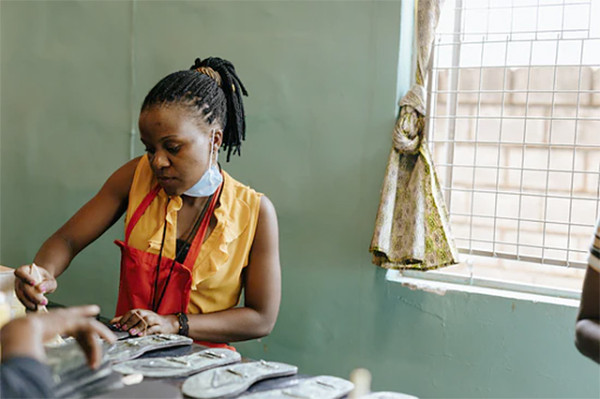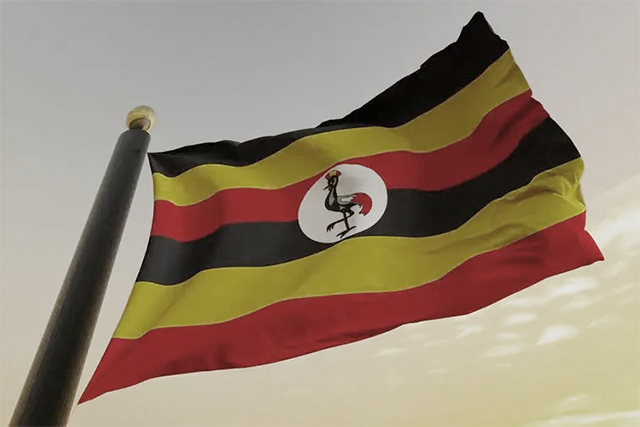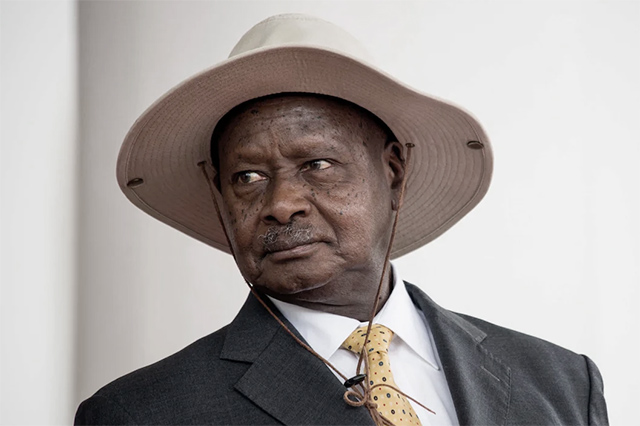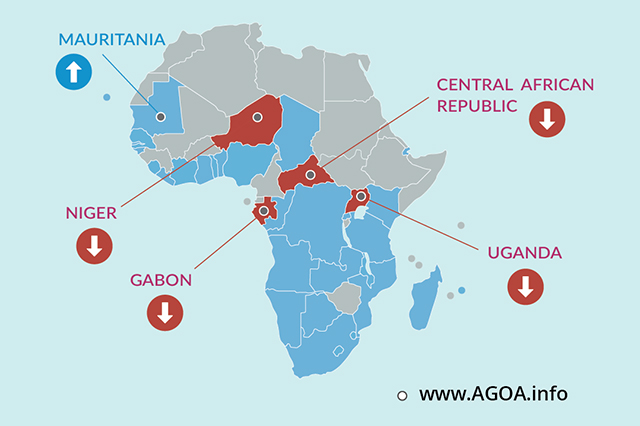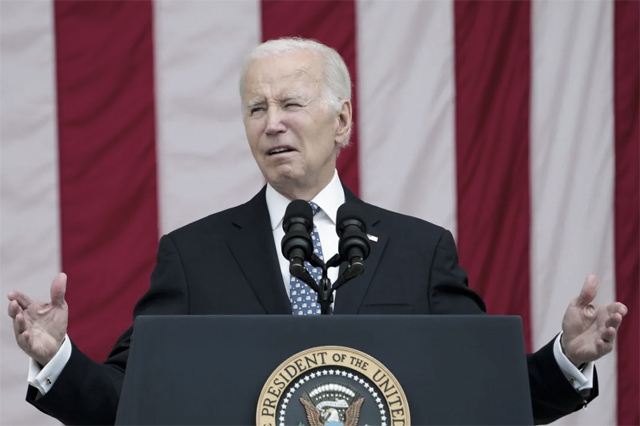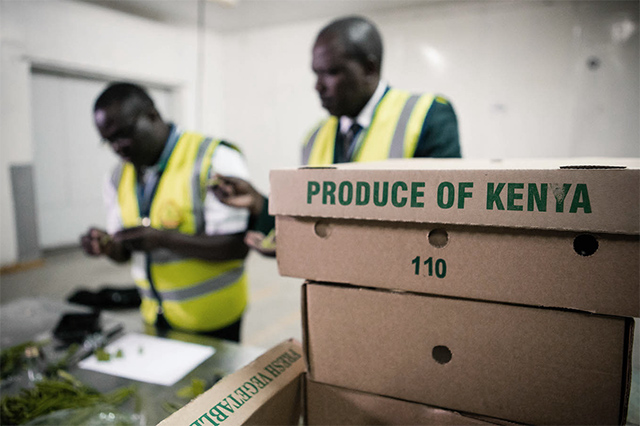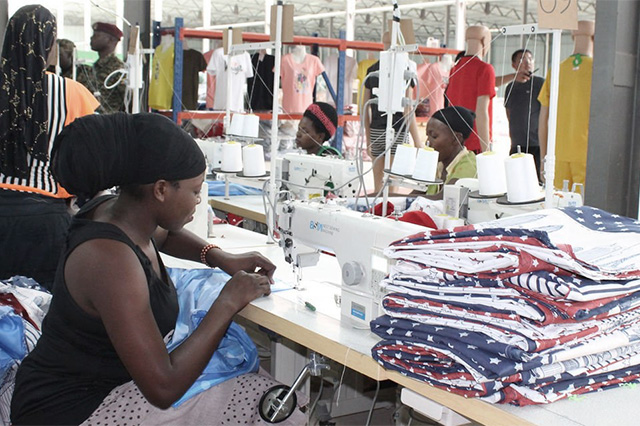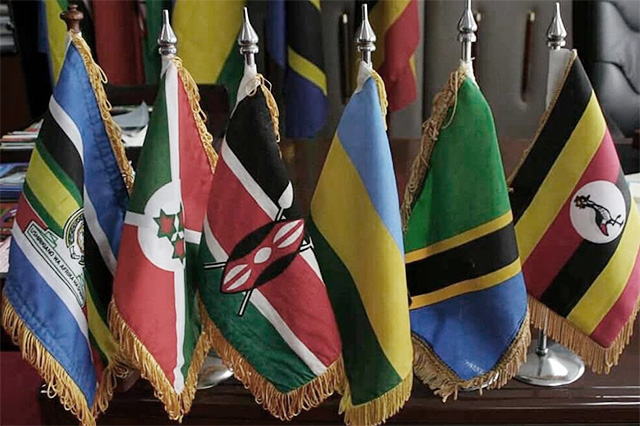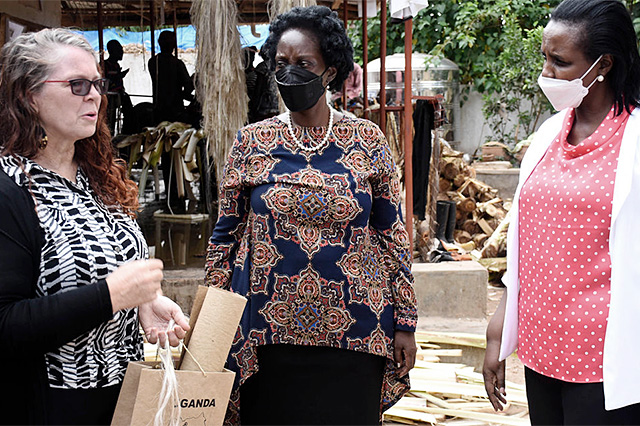Uganda: In the business of exporting to the US
With the desire to bridge the nine months gap between Senior 6 vacation and university admission, Seko Designs was born. As a Year Two university student, Agnes Kitumba Nitunze, the chief executive officer Seko Designs met Elizabeth Bohannon, an American volunteer to start a journey that birthed the company.
“Seko saw that these energetic youth were idle thus some married off, getting early pregnancies while others did not see the need to further their education. As such, we sought to tap into that energy. The other thing was to market Uganda’s untapped potential,” Kitumba says.
In 2009, at a two-bedroomed rented house in Kikooni and $1,000 for capital, their sample product was a pair of sandals. 13 years later, they are also making shoes, bags, jewellery, home décor items, and clothes and exporting them to United States of America (USA).
Partnering with Cornerstone LeadershipAcademy they got girls in S6 vacation while Set Her Free gave them women and the doors have remained open.
“The school gave S5 and S6 scholarships to the girls but the future was uncertain from then on. As such Seko came to answer the next step for these girls, most of whom had come from villages. Our promise to them was we would continually take on other girls. We were also working with five fultime women from the Set Her Free NGO in the same location that worked with women from various walks of life,” she says.
When they made their first products, Bohannon took them to USA to sell and later got the girls their first scholarship. As a cottage industry, the appreciation of the results and yearning for more pushed the duo forward.
Dreaming even bigger, the duo rented a big house by the lakeside in Munyonyo and operated like an Non-government Organisation until 2012. However, while they were making a few products to live by; the business arm was not thriving which went against their initial idea of being a for-profit while supporting the community (social enterprising).
“We hired a consultant to re-strategise and they advised us to change location. Off to Kyebando, we went and here we rented a warehouse, set out the production flow and continually sold the vision to the women in our Monday meetings,” Kitumba says.
There were times some complained about Kyebando being a slum but it served to bounce back. After three years in Kyebando and paying close to $2,000 (Shs7.6m) per month, Kitumba and Bohannon thought it wise to buy land and get a mortgage.
“We were lucky to have pulled through thus our current location in Butto,” she says.
Joining AGOA
However, one thorn in their side was the high levies to get the goods to the US market. With all the sales and marketing heavily relied on Bohannon, the pinch was huge.
“From 2009 to 2012, we shipped small volumes because taxes and related costs were very high. At one time Bohannon and her husband sold their house and lived out of their car as they sold these items,” Kitumba says.
In 2012, the team met Ms Susan Muhwezi, the senior presidential advisor on AGOA. That changed the trajectory of doing business as they no longer battled with hefty bills.Additionally, Seko Designs became part of AGOA exporters’ association, of which Kitumba is the Vice president.
“There are several synergies, linkages and connections when you come together with people in the same field. They are core because business and life cannot be done alone lest you burnout. From these connections, I have learned so much,” she says.
Seko Designs is indeed a product of linkages because when starting out, they did not have any machinery but took their leather to Shoe Buffalo for cutting and smoothening while they assembled and did quality checks before shipping. That showed that you can always outsource services and remain in business.
From the onset, Seko Designs’ target was the modern day American woman (middleclass woman between 20 and 55) so they had to study her preferences.
“We started production at a time where Americans were into more conscious buying, therefore, how a product was made mattered. We aligned to all that – our product was not only beautiful in quality but also bettering lives of our workers through good payment,” Kitumba says.
Quality
To keep their market satisfied, Kitumba says they do a lot of quality checking on the raw materials to ensure that it is what they need in very many facets such as colour.
They also check what the women have produced and she says this has been a long time struggle because many come from backgrounds where being given a broken item from a shop despite paying is acceptable.
Sourcing raw materials
Apart from import tariffs, Seko Designs’ major challenge was scarcity of good quality materials yet quality and consistency was key to favourably competing on the American market.
“Sourcing leather in Uganda was a challenge as its quality was poor. Turning to Kenya, we were rejected because of our small size. Later, we were limited to certain amounts which was unfavourable for business,” she says.
In regards to hardware, they at times resorted to buying old bags from down town for zips and D rings.
However, that was not sustainable with big orders because consistency would not be maintained. With that, they moved oversees (Asia) but it was costly thus had to look for funding from people that believed in the business to get high quality leather, fabric and zippers.
“However, our aim of showcasing Uganda’s capabilities was getting derailed. Therefore, we looked for local raw materials we would use to produce other items. We now have scarves from home-grown cotton, earrings from paper beads while the brass is from recycled padlocks and door knobs,” Kitumba says.
Apart from quality issues, there is delay in delivery from the region (four months vs two weeks from India).
Currently, Seko Designs spends $60,000 (approximately Shs228m) in materials per week while in a season, about $150,000 (Shs570m) worth of leather is used.
Advice
Kitumba says whoever has a vision should begin from where they are. However, any entrepreneur must make the first step so others can have reason to join.
See Sseko Designs on the AGOA Business Connector


